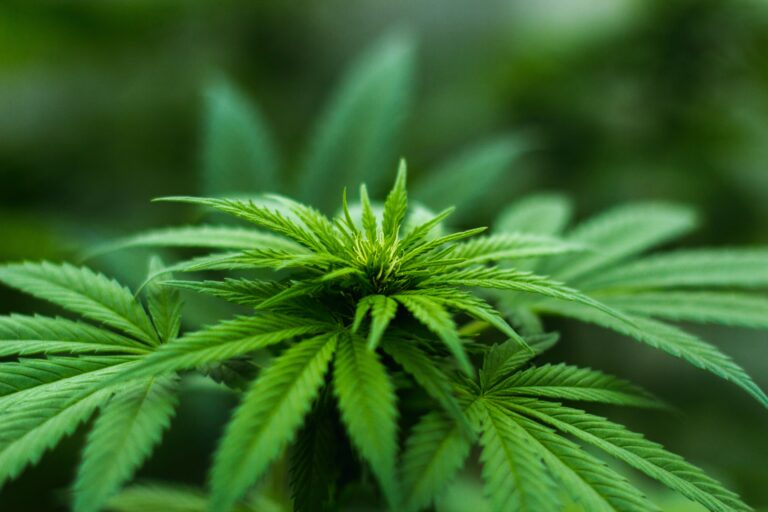Is Cannabis Legal in Dominica?
In Dominica, cannabis, also known as marijuana, is illegal for recreational and medical use. The country’s drug laws are strict, and those caught using, possessing, or cultivating cannabis can face severe penalties. However, there has been a growing conversation in recent years about the potential for cannabis legalization or decriminalization, as well as the possible benefits of medical marijuana use.
What is the Public Opinion on Cannabis in Dominica?
Public opinion on cannabis in Dominica varies, but there has been a noticeable shift in recent years. While some individuals remain opposed to cannabis use, there is a growing number of people who believe that cannabis should be decriminalized or legalized, particularly for medicinal purposes. Many people view cannabis as a potential economic boon for Dominica, especially given the island’s fertile soil and favorable climate for cannabis cultivation. In recent years, the Dominican government has expressed interest in exploring the possibilities of cannabis legalization and its potential economic benefits.
What are the Laws, Penalties, and Law Enforcement Regarding Cannabis in Dominica?
Cannabis is classified as a controlled drug under the Drug Abuse (Prevention and Control) Act of 1990. This legislation outlines the penalties for cannabis-related offenses, which can include:
- Possession of cannabis: Fines and imprisonment
- Cultivation of cannabis: Fines and imprisonment
- Import/export of cannabis: Fines and imprisonment
- Supply of cannabis: Fines and imprisonment
Law enforcement in Dominica is strict when it comes to enforcing these laws, and individuals caught with cannabis can face serious consequences. However, there has been a growing call for a more lenient approach to cannabis offenses, particularly for those involving small amounts for personal use.
What Terminology is Used for Cannabis in Dominica?
In Dominica, cannabis is commonly referred to as ganja, weed, or herb. The term marijuana is also used, but it is not as common as the other terms. Some individuals may also refer to cannabis as kush or sensi, depending on the strain or variety.
Is CBD Legal in Dominica?
Cannabidiol (CBD), a non-psychoactive compound found in cannabis, is also illegal in Dominica. Despite the growing popularity of CBD products worldwide, they remain classified as controlled substances under Dominican law. Individuals caught with CBD products can face the same penalties as those caught with cannabis.
Is Medical Cannabis Use Allowed in Dominica?
Medical cannabis use is not currently allowed in Dominica. However, there has been a growing conversation surrounding the potential benefits of medical cannabis, and the government has expressed interest in exploring this area further. In 2019, Prime Minister Roosevelt Skerrit announced the formation of a commission to study the potential for cannabis legalization, including medical marijuana use. The findings of this commission could lead to changes in the country’s cannabis laws in the future.
What are the Cannabis Cultivation Regulations in Dominica?
Cannabis cultivation is illegal in Dominica, and those caught growing the plant can face severe penalties, including fines and imprisonment. However, Dominica’s fertile soil and favorable climate make it an ideal location for cannabis cultivation, leading to a growing interest in exploring the potential economic benefits of legalizing the crop. The aforementioned commission formed by the Prime Minister will also explore the possibilities of regulated cannabis cultivation in the country.
What Helpful Links, Government Laws, and Resources are Available Regarding Cannabis in Dominica?
For more information about cannabis laws and regulations in Dominica, consider the following resources:
- Dominica Government Official Website
- Drug Abuse (Prevention and Control) Act of 1990
- CARICOM Regional Marijuana Commission
These resources can provide further information about the current state of cannabis laws in Dominica, as well as the ongoing conversation surrounding potential changes to these laws in the future.
